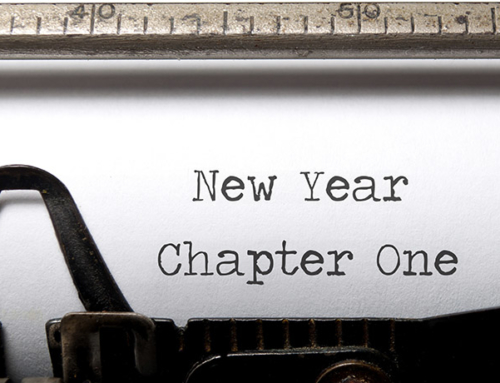Mental illness has been around for as long as Homo sapiens have walked this planet. Actually, a more likely scenario is that Homo erectus and Homo habilis had mental problems too. Why do I suppose this to be the case? Since cats, dogs, horses, and elephants can develop psychopathology, why not also members of the species from which we evolved?
In contradistinction, psychiatry as a formal discipline has been around for only about 200 years. For example, Benjamin Rush wrote the first textbook on mental illness in the United States, Medical Inquiries and Observations upon the Diseases of the Mind, published in 1812. The American Psychiatric Association was founded decades after Rush’s death, but in honor of his contributions, it is Benjamin Rush’s image that is displayed on the seal of the APA.
So, what did people do who suffered from mental illness before there were psychiatrists, psychologists and social workers?
Of course, they suffered and some suffered mightily. For example, recall that before the onset of medications for the treatment of catatonia – the first medication used to treat it was sodium amobarbital, introduced in the 1930s – 25% of patients with catatonia died from it. Recall that many individuals with mental illness were put to death, some were suspected of being witches…some as recently as the late 1700’s in northern Europe, America and Brazil.
But was the situation uniformly bleak? Were there any methods of healing that worked? And, most importantly, are any of those methods of healing from days gone by that are still relevant to us today? In short, can the past teach us anything? I believe the answer is yes. Here’s one reason.
One of the very most effective medications used in the treatment of psychiatric illness is a medication called placebo. For depressive disorders, for example, placebo has an approximately 30% response rate. In fact, one of the biggest headaches that pharma companies have is showing that their medication outperforms placebo. It’s not that the medications they’re evaluating are necessarily ineffective; it’s that placebo is so often so effective. (In the 1990’s I was involved in a trial for an anti-depressant called reboxetine. Although this medication is used in many countries, it is not approved for use in the US due to failure to separate from placebo in the drug trials conducted in this country.)
We’re familiar with placebo when it comes in the form of a pill and is tested against other pills in drug trials. But I believe if we expand our view of the concept of placebo we would no longer regard it simply as a ‘sugar pill’ but instead realize that the placebo effect is a manifestation of the powerful self-healing capabilities that individuals have.
Consider placebo from this perspective of self-healing. If a person believes he or she will get better, about a third of them do. Wow!
The next step in our thought experiment is to now consider how we can harness our patients’ self-healing capabilities. So…what do you think you do already and what else can you do in the future to further your patients’ self-healing?
To get you started here is an approach that requires no medications, little of your time, and yet can have robust benefits for your patients, consider a type of intervention called Therapeutic Lifestyle Changes (TLC). Some the TLCs are exercise, nutrition and diet, spending time in nature, relationships, recreation, relaxation and stress management; religious or spiritual involvement, and service to others.
I will talk about methods of self-healing that you can incorporate into your practice in the next edition. In the meantime, here is a great resource that nicely describes Therapeutic Lifestyle Changes (just google the words below):
Walsh, R. (2011, January 17). Lifestyle and Mental Health. American Psychologist
Until next time,
Dr. Jack
Follow Up to Previous LB Editions
Ben Okri
In the last edition I included an excerpt from the first page of Ben Okri’s novel The Famished Road. It struck a chord and I had several responses. Here is a quote from Mr. Okri explaining the impetus to his fiction. I find it apropos of today’s post regarding the ancient wellsprings of healing.
“I grew up in a tradition where there are simply more dimensions to reality: legends and myths and ancestors and spirits and death … Which brings the question: what is reality? Everyone’s reality is different. For different perceptions of reality we need a different language. We like to think that the world is rational and precise and exactly how we see it, but something erupts in our reality which makes us sense that there’s more to the fabric of life. I’m fascinated by the mysterious element that runs through our lives. Everyone is looking out of the world through their emotion and history. Nobody has an absolute reality.”
LanguageBrief
Today’s Quotes
“Chops”is an old-fashioned word for mouth or jaw. “Busting someone’s chops”, therefore suggests a punch in the mouth. The current use of this phrase, however, is less violent and more metaphorical. It refers to poking fun at someone or criticizing, scolding, or insulting them. An example: “I got your point already; you don’t have to keep nagging and busting my chops about it.”






Leave A Comment